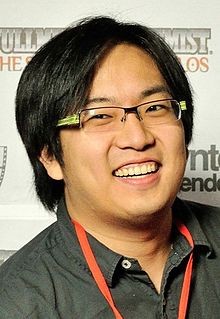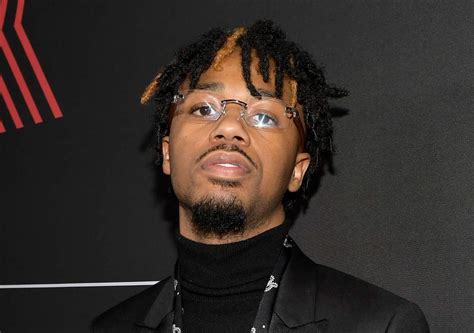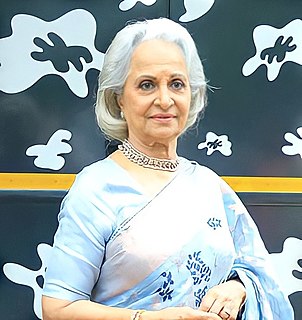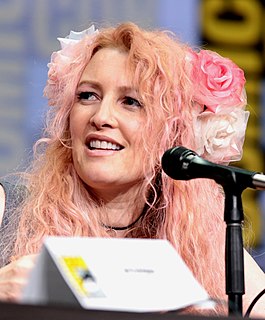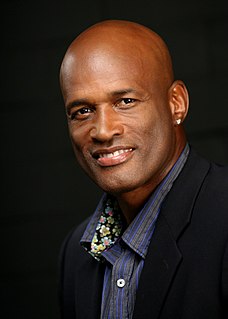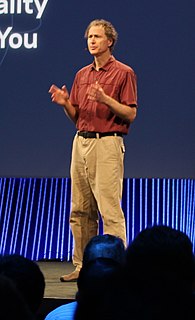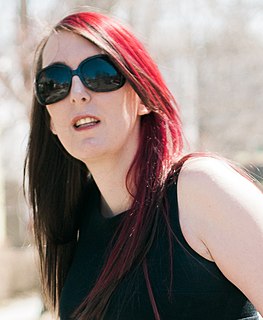A Quote by Doug Liman
All of my fellow directors, I think, would agree that in whatever medium you are working, the challenges and obstacles push them to be more creative. That's the case with VR.
Related Quotes
I was afraid that that Catch-22 would cause VR to fail to achieve liftoff. That worry is now gone. Facebook's acquisition of Oculus means that VR is going to happen in all its glory. The resources and long-term commitment that Facebook brings gives Oculus the runway it needs to solve the hard problems of VR – and some of them are hard indeed. I now fully expect to spend the rest of my career pushing VR as far ahead as I can.
I think television has become such an interesting place for characters and for incredible storytelling. Half of what I watch are television shows that I've become obsessed with. I just think that it's opened up so much, to be such an interesting and creative medium, and so many wonderful directors and actors are moving to television because it is a great medium for telling stories and for creating a character over a long period of time.
The principle of Creative Limitations calls for freedom within a circle of obstacles and restricted boundaries. Talent is like a muscle: without something to push against, it atrophies. So we deliberately put obstacles in our path - barriers that will inspire us. We disciple ourselves as to what to do, while we're boundless as to how to do it.

